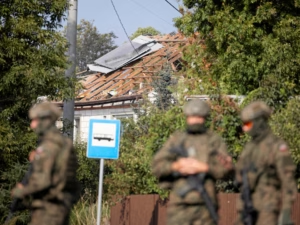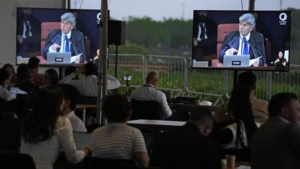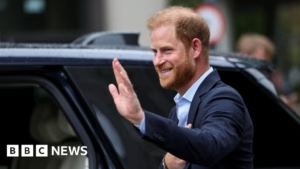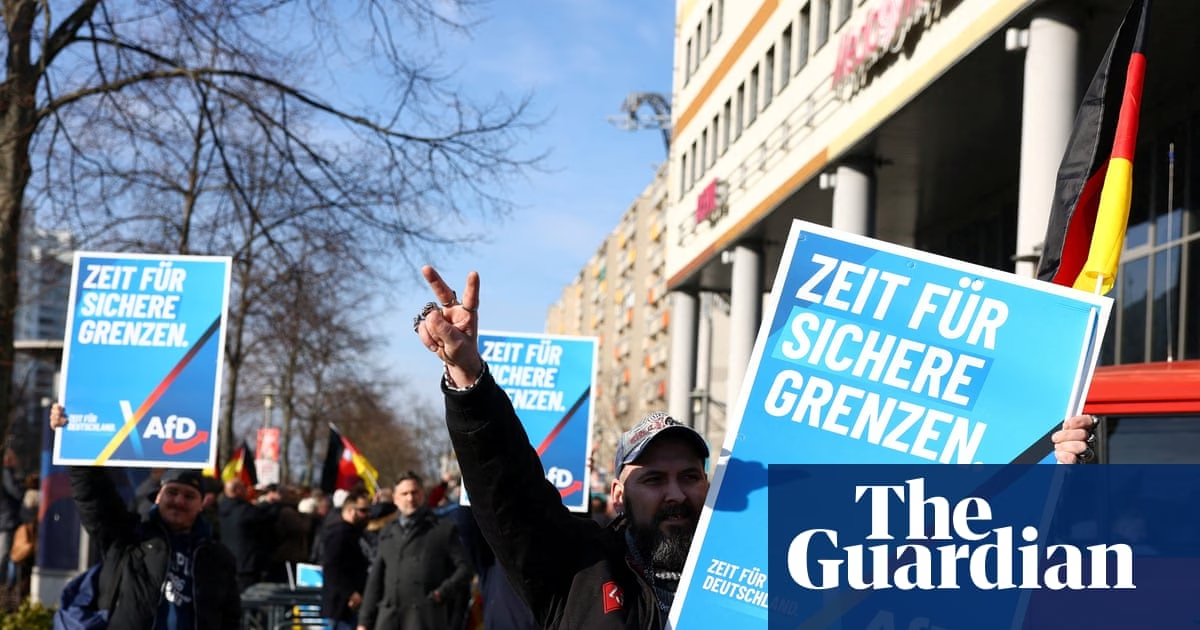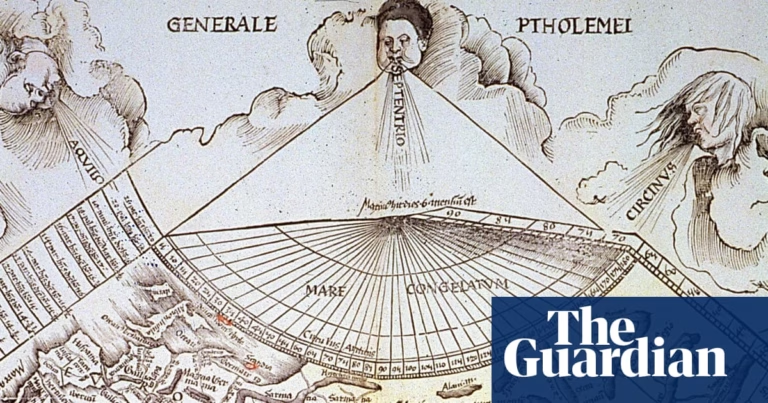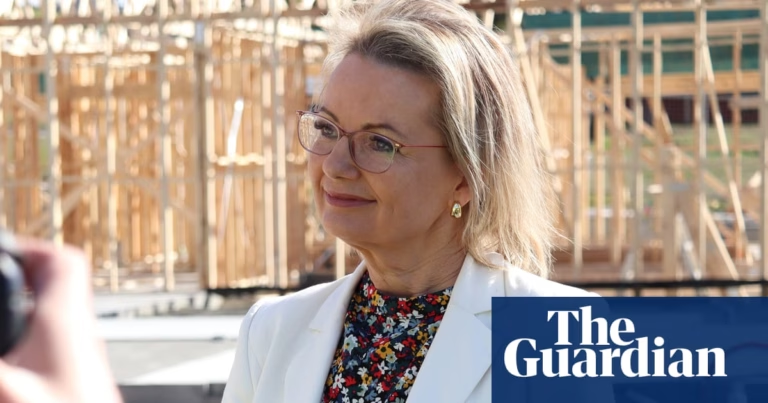Politicians in at least 51 countries used homophobic or transphobic rhetoric during elections in the previous year. This ranged from depicting the identities of the LGBTQ+ community as foreign threats to condemning “gender ideology”, according to a new study covering 60 countries and the EU.
However, there have been gains for the representation of the LGBTQ+ community in certain countries. Openly gay, bisexual, and transgender individuals ran for public office in at least 36 countries, including Botswana, Namibia, and Romania, though unsuccessful in those particular instances. The number of elected officials identifying as part of the LGBTQ+ community doubled to at least 233 in Brazil.
In a parallel trend, as the exposure of the LGBTQ+ community has grown around the world over the past decade, there has also been a backlash from conservative elements of societies. This has often been driven by far-right activists and politicians using gay and transgender individuals as scapegoats for societal issues.
Alberto de Belaúnde, a director at Outright International, an NGO focused on promoting global LGBTQ+ rights, described the issue as a “growing weaponisation of hate”. He noted that similar discriminatory language is used across various regions, suggesting a coordinated, well-funded, and increasingly transnational effort to marginalize the LGBTQ+ community.
Candidates identifying as part of the LGBTQ+ community faced online hate speech during their campaigns in several countries, including El Salvador, Finland, Pakistan, and the United States. Sarah McBride, who was elected as the first transgender member of the US House of Representatives, is an example of such instances of harassment. In the 2024 US elections, Republican campaigns reportedly spent $200 million on anti-transgender advertisements aired on network TV.
During parliamentary elections in Georgia, the ruling Georgian Dream party accused the LGBTQ+ community of being “foreign agents” attempting to corrupt the country’s “traditional values”. In Ghana, where same-sex conduct is criminalized under colonial-era laws, both major political parties vowed to protect “family values” while accusing their rivals of being supportive of the LGBTQ+ community.
The Outright International report notes that these instances of prejudice often accompany the rise of authoritarianism, stating that in 2024, as in previous years, the LGBTQ+ community and other marginalized groups were among the first to face anti-democratic attacks.
Source: https://www.theguardian.com/world/2025/sep/11/politicians-in-at-least-51-countries-used-anti-lgbtq-rhetoric-during-elections-ngo-finds
